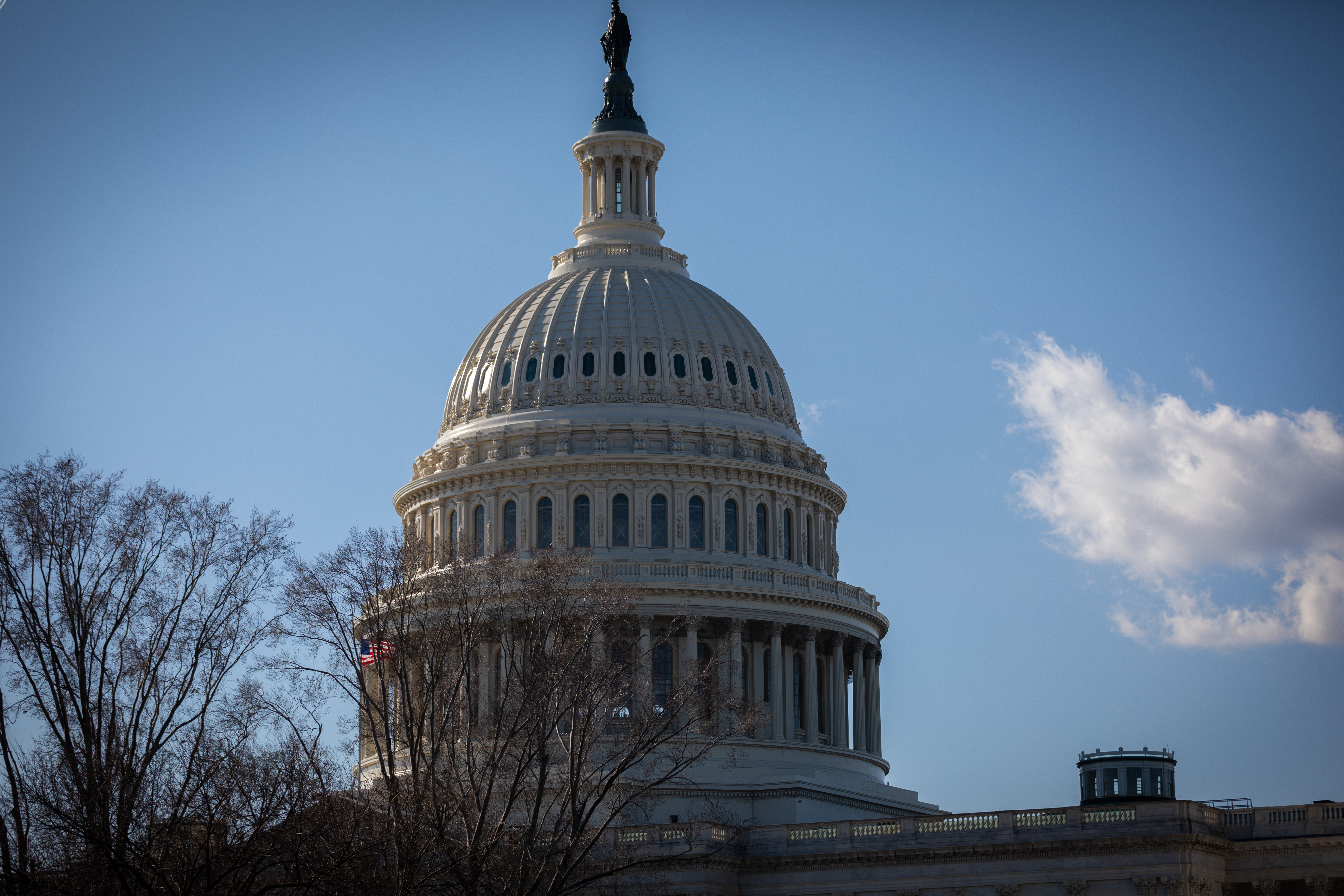This wasn't where the dream was supposed to land her.
Gianna Nino-Tapias, 24, figured when she graduated with a master's degree in epidemiology from Stanford this past year, a good job was ahead -- something as far away as could be from the fields of Eastern Washington State where she spent a decade alongside her parents under the vicious summer sun picking blueberries and apples.
But she discovered COVID-19 has no sympathy for dreams. In the pandemic she lost her job at the Stanford Shopping mall -- and her hours as a librarian were cut to the bone. So she headed home to Eastern Washington where she fruitlessly sought out jobs in everything from retail to work as contact tracer. Washington had no jobs for her either.
"My family has worked in the fields my whole life," Nino-Tapias said. "So I thought in the worse case scenario, I thought I could go with my mom in the fields."
The pandemic has rendered many worst-case scenarios. So with tuition bills mounting, Nino-Tapias found herself rising at 3 a.m. with the family, making an hour-long trek with the family to the fields every morning to pick blueberries.
"I was a little disappointed about going back to the fields, but you know it’s humble and honest work," said Nino-Tapias, who has documented her picking life on Twitter.
Nino-Tapias was no stranger to the fields -- she began working in them when she was 14. But her return to them had taken her full-circle -- she was now back working alongside the very people who had encouraged her to go to college in the first place.
"Everyone in the fields tells you 'get a job where you can have air condition, you don’t have to work outside like us, you don’t have to work as hard as us,'" she said. "When I left to college I thought "I’ll never have to come back here again, I’ll have an education and be able to get a good job."
But there was no bitterness in her tone over her unplanned trajectory. She said the difficult work, eight to 10 hour days in temperatures sometimes hitting 110 degrees, will prepare her for the rigors of medical school when she returns to Stanford in early August.
"As I go into medical school and start my rounds at three in the morning," she said, "I think that will be a lot less of a challenge than going in the fields."
Nino-Tapias said the workers are paid $3.50 for each gallon of blueberries they pick. On a good day she said she can fill four one-gallon containers an hour. Some gallons weigh more depending on the berry.
The pickers strap the gallon pail to their chest and race to fill them with berries, using a hook to bend the taller branches to within reach. Those who can't pick enough to earn minimum wage are sacked, she said.
The work has become even more complicated under the duress of pandemic conditions. The workers wait in long lines to get their temperatures checked before starting work -- often much too close to call it social distancing. They're required to wear masks which Nino-Tapias said become stifling in the cruel Eastern Washington heat. She said some pickers brought ski masks and some punched holes in their masks to let in air -- defeating the point of the masks altogether.
She said if there's a bright side, it's that managers have finally brought the Porta-potties and washing stations closer to the workers, after years of complaints.
"I do think that this is a population that feels invisible and very neglected in the common discourse of our country," she said.
While Nino-Tapias yearns to return to Stanford to begin medical school, she knows her path will eventually lead right back to the same fields. She hopes to maybe work one day in the small Mexican village where her parents are from -- but ultimately, she plans to return to the fields of Eastern Washington to provide badly needed medical care to farmworkers and Native American communities.
"It’s where I came from," she said. "It’s the people that raised me, that supported me when I was dreaming about going to college and I definitely want to come back and serve."



